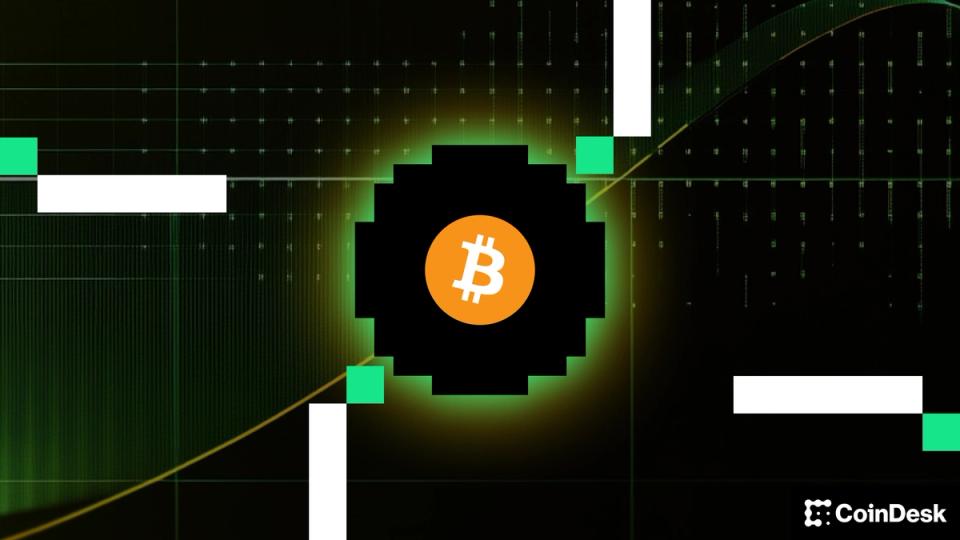On September 24, the U.S. Department of Justice (DOJ) filed a complaint against payments giant Visa in a New York federal court. The complaint alleges that Visa, which processes 60% of all U.S. debit transactions, employs unfair practices such as exclusivity agreements and fines against partner merchants. Furthermore, it claims that Visa uses its vast resources to lure potential competitors into partnerships rather than allowing them to compete.
Despite Visa's impressive $18.3 billion profit in 2023, marking a 14% year-on-year increase, the DOJ argues that these anti-competitive practices ultimately lead to higher customer prices.
What Does This Mean for Bitcoin?
While the DOJ's actions might not directly impact Bitcoin (BTC), the anti-trust case against Visa has significant implications for Bitcoin as an electronic cash system. For years, blockchain experts and entrepreneurs have been working to scale Bitcoin to function as a global peer-to-peer cash system, fulfilling Satoshi Nakamoto's vision. With Teranode set to scale BSV to over a million transactions per second (TPS), the possibility of achieving this on the mainnet is closer than ever.
In 2023, Visa processed a staggering 212.6 billion transactions. However, with Teranode, BSV will be able to handle that volume in just 212,600 seconds or 59.05 hours—effectively processing Visa's entire annual transaction volume without breaking a sweat!
Blockchain-Based Payment Systems on the Horizon?
The timing is fortuitous; with Teranode launching in early 2025, the Visa anti-trust case may spark renewed interest in developing rival payment processors on the BSV blockchain. If Visa's alleged anti-competitive practices are successfully challenged, merchants might seek new, low-fee alternatives. The MNEE stablecoin could eliminate the need for volatile digital currencies like Bitcoin at the wallet level, making it an ideal time for a blockchain-based competitor to emerge.
While it will take time to build and gain adoption, the path is now clear for a low-cost, scalable alternative to Visa. This could save merchants significant amounts on transaction fees and reduce chargebacks, allowing for tiny payments that could unleash an economic boom.
Imagine paying a few cents to read a news article on the Wall Street Journal, potentially eliminating paywalls and outdated subscription models. This would open up online and offline commerce to many who are currently locked out by Visa’s $0.04 minimum transaction fee. New possibilities for in-app payments, online tipping, and IoT machine-to-machine payments could create a new economy.
Cheers to the DOJ for considering the startups and entrepreneurs trying to compete against giants, alongside the merchants who bear the burden of their fees! Hopefully, the BSV blockchain can play a pivotal role in ushering in a new era of low-fee, fast-settlement payment systems to rival outdated giants who have monopolized the industry for far too long.






Comments
Join Our Community
Sign up to share your thoughts, engage with others, and become part of our growing community.
No comments yet
Be the first to share your thoughts and start the conversation!